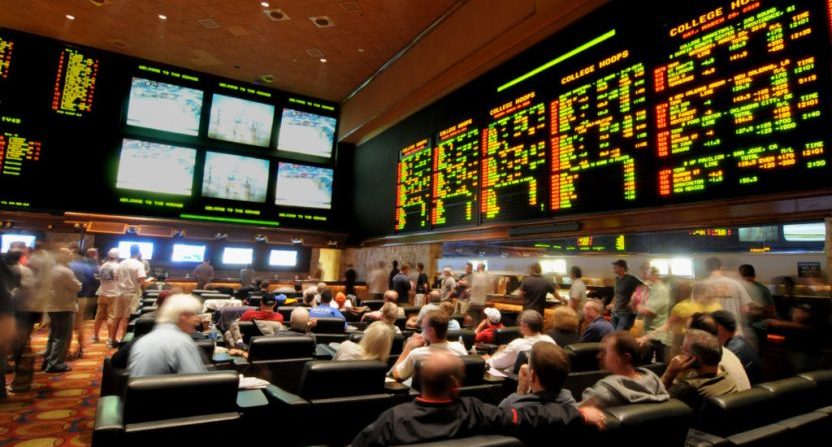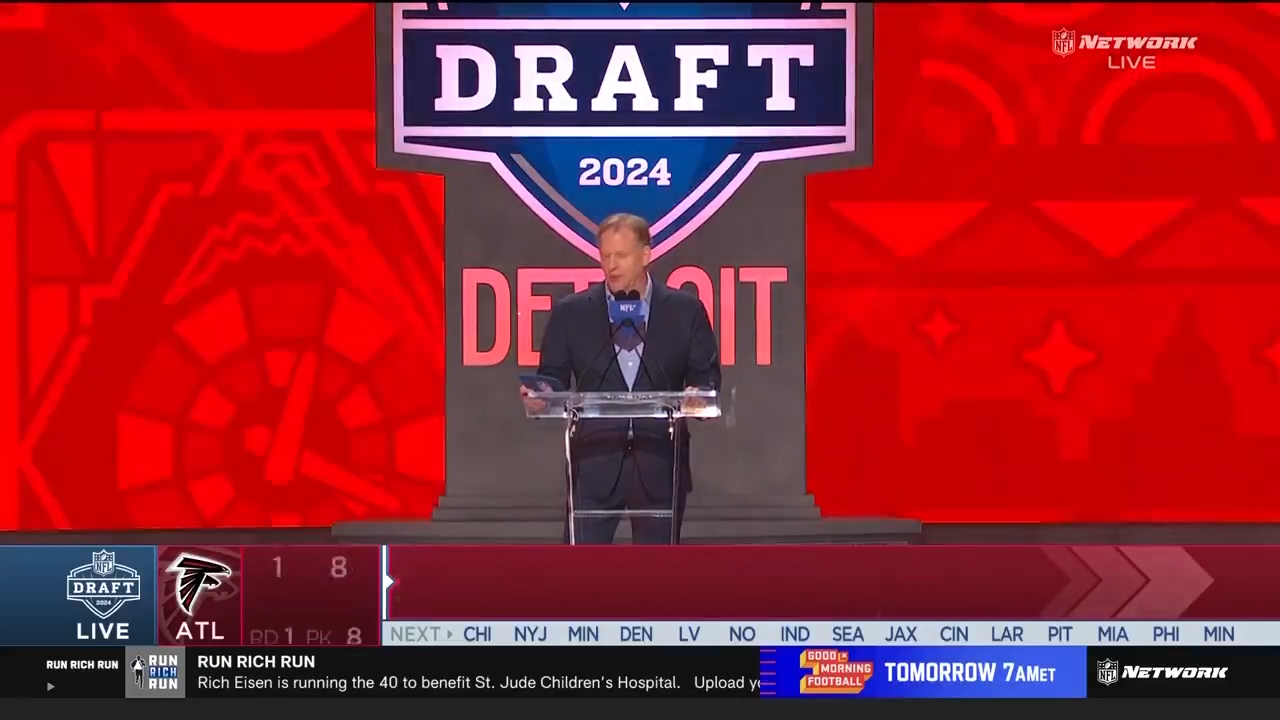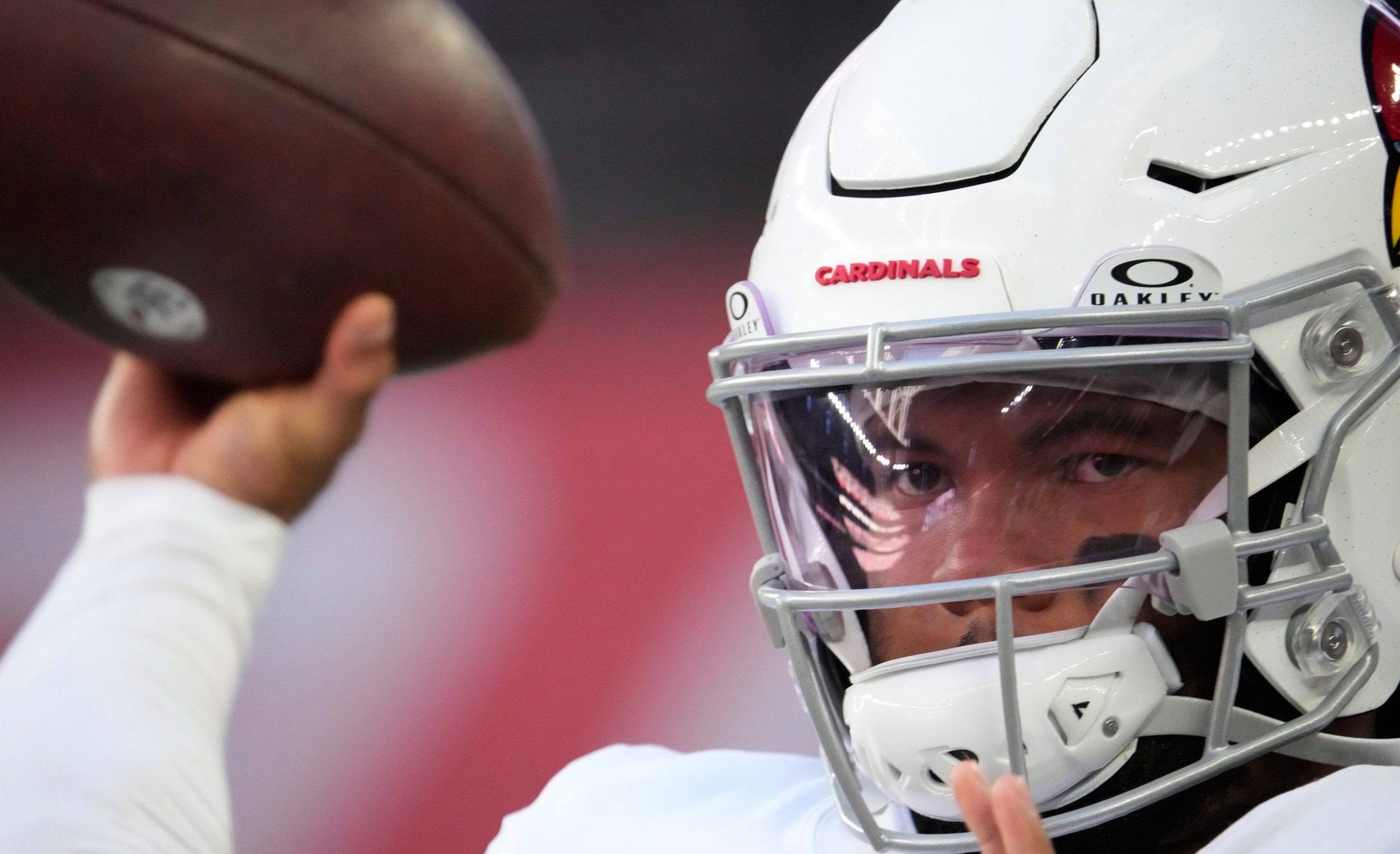In a decision that will likely have a momentous effect on sports gambling in the United States, the U.S. Supreme Court on Monday ruled that the federal ban on sports betting is unconstitutional, opening the door for New Jersey and all other states to legalize the practice.
BREAKING: U.S. Supreme Court rules that federal ban on state-sanctioned sports betting is unconstitutional. Decides case in favor of New Jersey. Floodgates now officially open for other states to allow sports betting. #RIPPASPA
— Daniel Wallach (@WALLACHLEGAL) May 14, 2018
It’s hard to overstate the impact of this ruling. The Supreme Court’s 7-2 decision means states can choose to legalize sports betting in whatever form they see fit. Before long, it will be possible to walk into a casino in any number of states and legally place a bet on a sporting event, the way you can currently in Nevada. The resulting surge in sports gambling will have consequences on the way sports are broadcast, the way they’re written about, the way they’re marketed and most of all the way they’re consumed. Fantasy sports columns could turn into betting columns. Point spreads and over/unders could become regular subjects of discussion on game broadcasts (if it hasn’t already). It’s conceivable that someday, sports venues could even start accepting bets in-house, turning arenas into de facto casinos.
But that’s all probably a bit down the road. According to ESPN, New Jersey hopes to have its operation up and running within weeks, potentially in time for the NBA Finals, but other interested states (including the dozen that have already introduced sports-betting legislation) could have to wait much longer to implement legal gambling.
The Supreme Court’s ruling Monday follows a lengthy legal battle, one that began nearly a decade ago when New Jersey passed a law enabling sports betting. That legislation was shot down in the courts, but a subsequent law wound through the legal system and landed at the Supreme Court, which heard oral arguments in December.
Sports leagues have been somewhat inconsistent in their response to states’ enthusiasm for sports betting. Most leagues initially resisted the idea of legalized sports gambling, but many have softened their stances in recent years, with MLB and the NBA even lobbying in favor of laws such as the one passed in New Jersey.








The actual Supreme Court ruling on this can be found at supremecourt(dot)gov. It is a PDF File for those who want to download it.
The law was passed in 1992 mainly because of Bill Bradley, a former member of the Knicks who like many of his generation remembered the infamous 1950 CCNY team that won both the NCAA and NIT tournaments in the same year (the only school who will ever do that) whose titles were brought down for point shaving as well as the 1978 scandal involving Boston College that was still fresh in many people’s minds at the time the law was passed.
An immediate big winner in this is Monmouth Park, which was already set up for sports betting with Atlantic City likely also a big winner as they will likely be able to get back some of the casino customers lost to other states that have slots. Delaware Park is also likely a big winner as sports betting was already legal in Delaware, but this likely means you will see a big expansion of sports betting there as well as the states Harness tracks, Dover Downs and Harrington Raceway.
I would not be surprised if New York, Connecticut and Pennsylvania look to quickly make it legal in their states in order to keep people from going to New Jersey and Delaware. How this impacts Horse Racing (Thoroughbred and Harness) remains to be seen.
Wow. This is huge. Change is coming and FAST. Get ready, it’s going to be interesting.